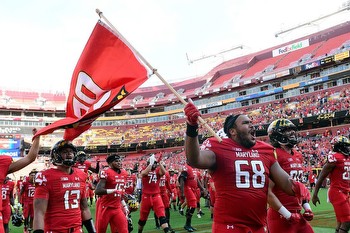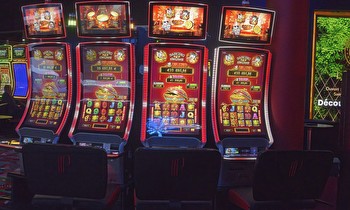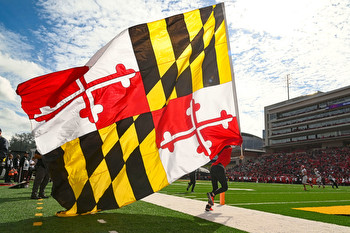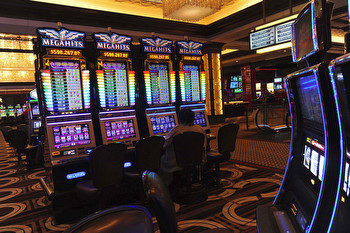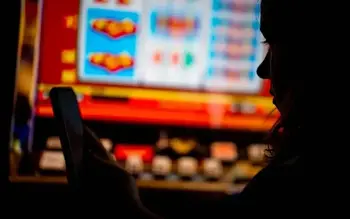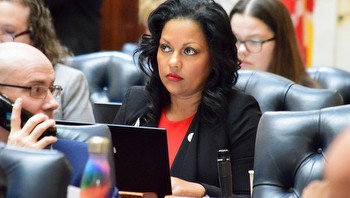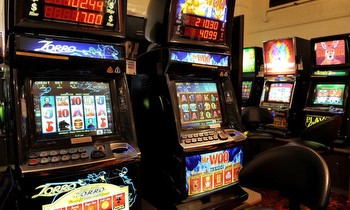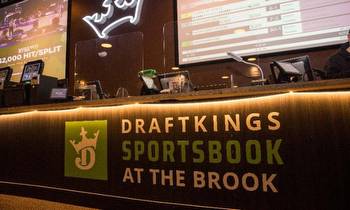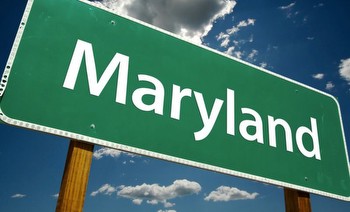Maryland Senate Online Casino Hearing Mirrors House Discussion
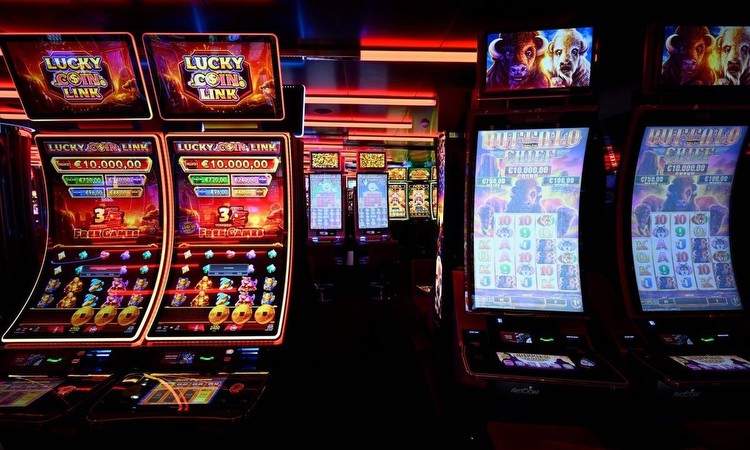
Just two days after a lengthy discussion about online casino legalization in the Maryland House, a state Senate committee conducted a nearly identical hearing Wednesday.
Wednesday’s hearing in the Senate Budget and Taxation Committee focused on SB 603, which aims to bring up to 12 mobile casino apps to Maryland. Licenses would be tethered to existing brick-and-mortar casinos and operators would be taxed at 47%.
Tax revenue would benefit the state’s Blueprint for Maryland’s Future Fund, an educational funding measure. No vote was taken on SB 603 at Wednesday’s hearing, which served as an informational session about Maryland online casino legalization.
Similar arguments
The arguments heard in the Senate on Wednesday mirrored those Monday in the House.
Proponents of the bill cited the importance of a regulated market, given its consumer protections. There were also discussions about the potential tax revenue creation from the introduction of legal online casino games. Supporters also pushed back on the idea that online casino legalization would hurt the state’s existing retail facilities.
“Empirically, your concerns are unfounded,” Lloyd Levenson, a gambling attorney with decades of experience, said Wednesday. “In the states where iGaming has been legalized, there has not been a reduction in the number of casino employees.”
Detractors of the bill pushed back against that idea, suggesting that cannibalization could occur. Some owners of businesses near brick-and-mortar casinos even suggested that their bottom lines could suffer if online casinos are legalized.
Other critics of the bill cited a possible rise in problem gambling.
“We know Marylanders love to play casino games,” Mary Drexler, program director for the Maryland Center of Excellence on Problem Gambling, said while requesting an unfavorable report of the bill. “We know iGaming is exceptionally addictive.”
Timeline
The crossover deadline for bills in Maryland is March 18, meaning the online casino bills in the House and Senate have fewer than three weeks to pass into the opposite chamber. Should either or both bills move forward, they’ll then need to successfully pass through the other chamber by the end of the legislative session on April 8.
If a bill passes, it will still need voter approval from Marylanders in November.








